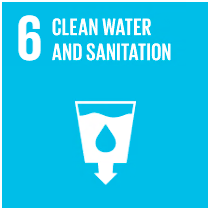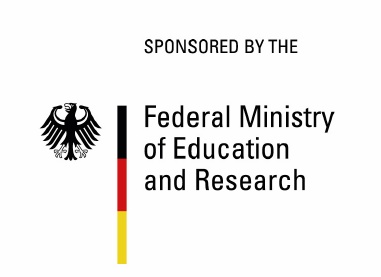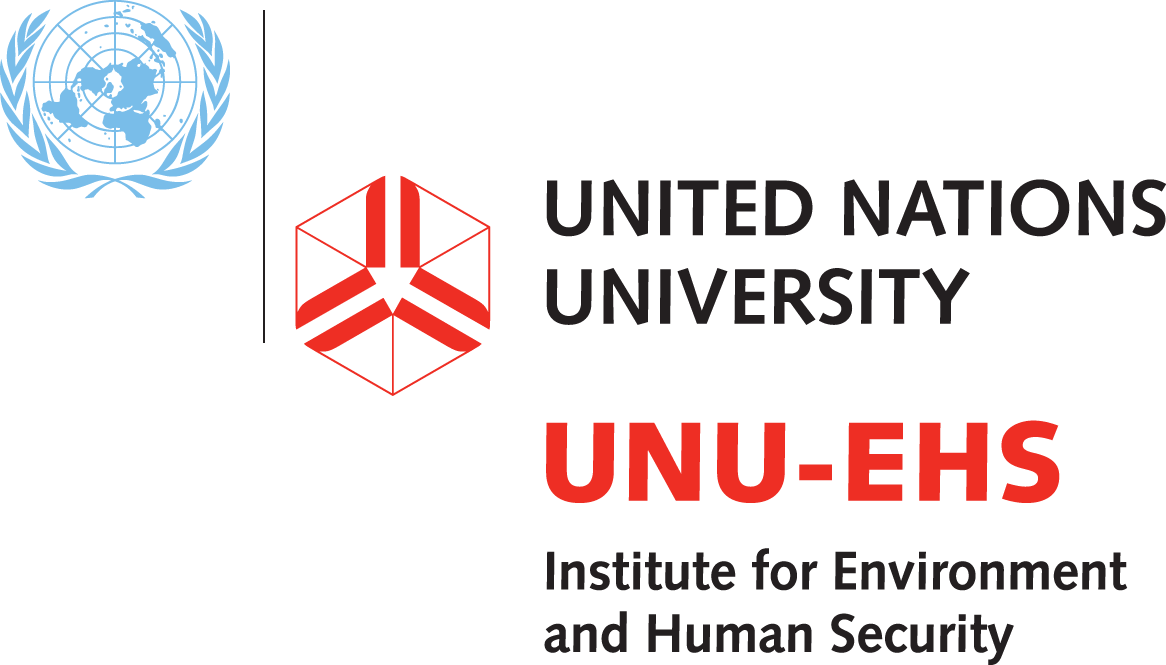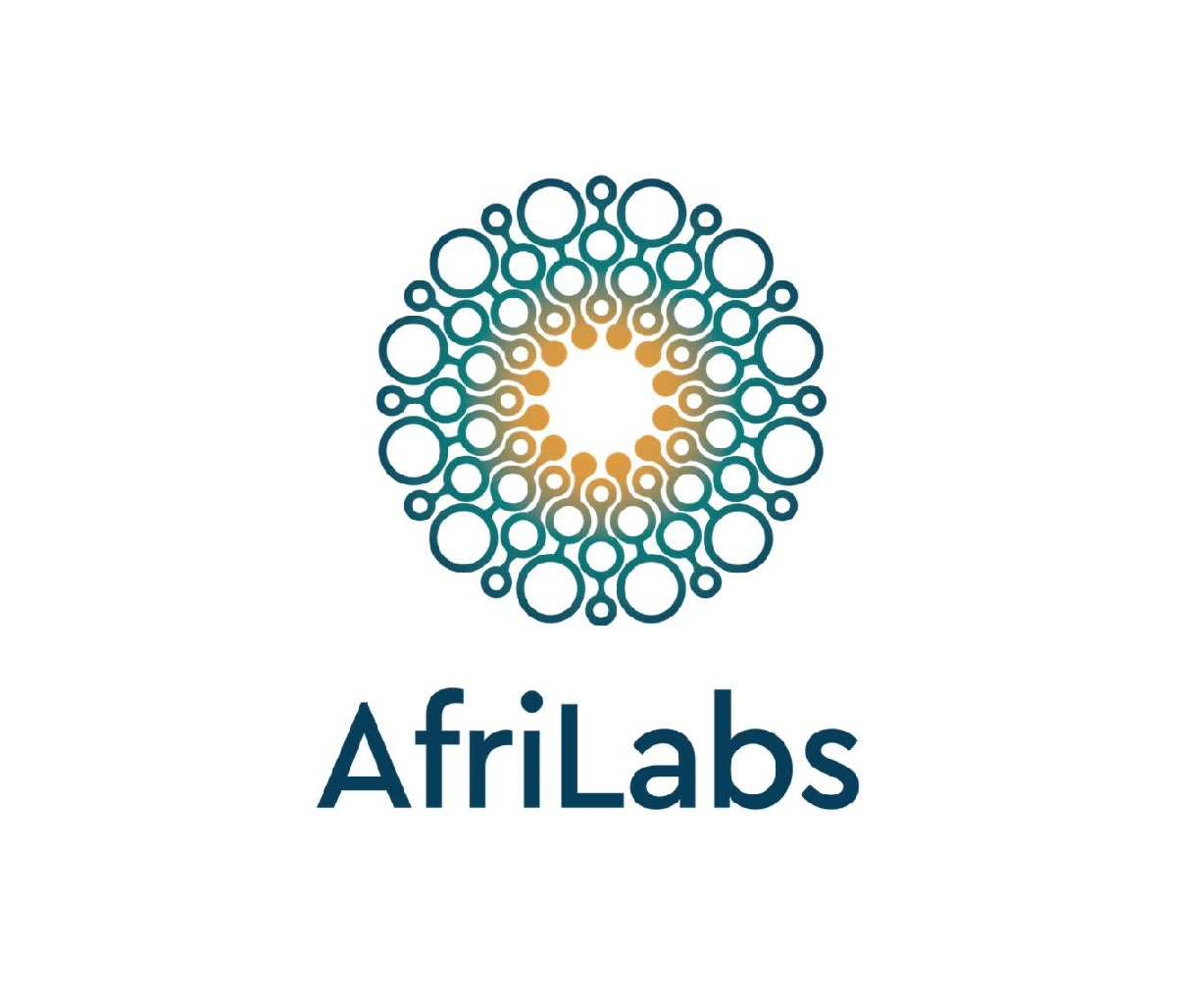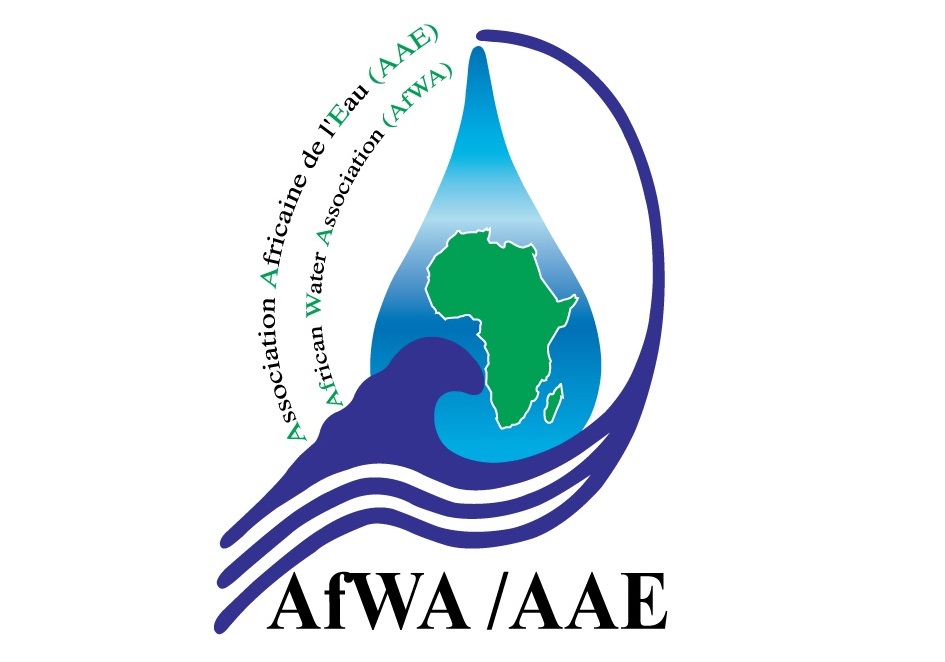Subproject: Matching problems with tailored solutions
Background: African-German cooperation to improve water security
Protection from water-related diseases or natural hazards, but also safe and reliable access to sustainable water sources form the basis for better living conditions in Africa. With 24 percent, southern Africa in particular is currently exhibiting the lowest level of clean water coverage for its population – for reference, this coverage for Europe and North America is at 94 percent (UN SDG 6 Report 2018). At the same time, Africa is more severely affected by climate change. The water demand continues to rise and innovative approaches are needed to ensure water security in Africa in the future. The project "Frugal Innovation and Entrepreneurship in Water 4.0 in Africa" (FIUWA for short), funded by the German Federal Ministry of Education and Research (BMBF) in the program "Water Security in Africa – WASA", identifies existing challenges and needs in the water sector in southern Africa, assesses digital solutions for the future and aims to drive frugal innovation and start-ups in Angola, Namibia and South Africa.
Project description: Open innovation process for development of solutions
In the initial phase of the project, the first fifteen months, the research team identifies key players in the entrepreneurial ecosystem in southern Africa and Germany working at the intersection of digitization, frugal innovation, and water security. The researchers conceptualize and design an open innovation process. This serves as a basis for the development of innovative solutions for improved water security and for the planning of online training and incubation programs for innovators and entrepreneurs in southern Africa. Finally, the research team also prepares for the main phase of the project during its initial phase.
Outputs: Identification of tailored technologies and innovations
Fraunhofer IMW contributes through the use of qualitative, empirical social science methods to this international collaborative project. The Leipzig-based scientists support local and regional actors in defining and prioritizing their concrete water supply problems and identifying suitable methods and technologies to address these problems. The team focuses particularly on digital (data) technologies and propagated innovations of young entrepreneurs, which can be inspired by and further developed starting from the social practice of specific application contexts.

